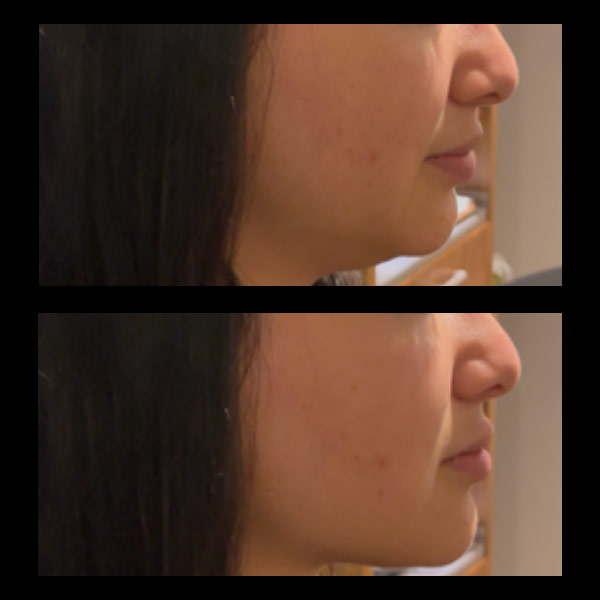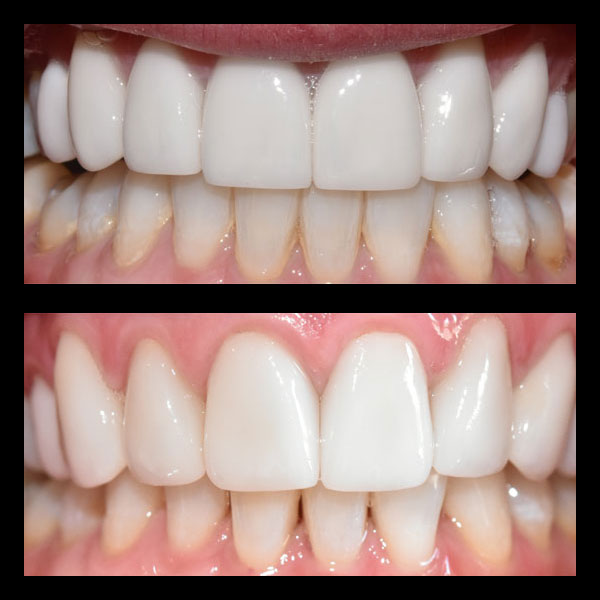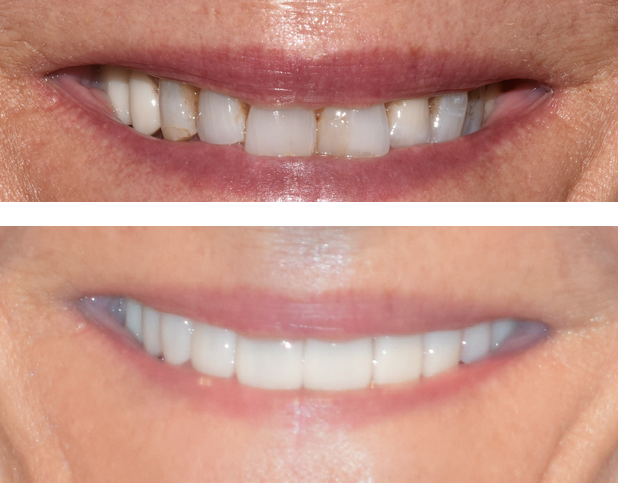This holiday season, consider gifting your smile with the planet in mind. Embrace sustainable dental practices that reflect both your care for your teeth and the environment. Discover professional tips to maintain optimal oral health with an eco-friendly touch, right here in Boulder.
Understanding Eco-Friendly Dentistry
Eco-friendly dentistry refers to dental practices that prioritize the health of both patients and the planet. This approach integrates sustainability, aiming to reduce the environmental footprint of dental care. By focusing on green protocols, eco-friendly dentistry helps minimize waste and energy usage while promoting the use of sustainable materials.
The city of Boulder, renowned for its environmental consciousness, is a perfect backdrop for the implementation of sustainable oral care. As traditional dental practices can have a significant environmental impact through the use of disposable plastics and chemical waste, it is crucial to transition towards more sustainable solutions.
Below is a comparison of traditional dental practices and their eco-friendly counterparts:
| Aspect | Traditional Practices | Eco-Friendly Practices |
|---|---|---|
| Materials | Plastic-based products | Biodegradable or recyclable materials |
| Energy Use | High energy consumption | Energy-efficient equipment |
| Waste Management | Non-recyclable waste | Comprehensive recycling programs |
Incredible Smiles, a leader in Boulder’s dental community, integrates sustainability into dental care by adopting eco-friendly materials, reducing their environmental footprint, and promoting patient education about sustainable dental practices.
Eco-Friendly Products for Dental Health
Transitioning to eco-friendly dental products is a simple but effective way to contribute to a healthier planet. Biodegradable toothbrushes made from bamboo or corn starch, for example, offer a sustainable alternative to traditional plastic options. Similarly, biodegradable dental floss options exist, made from materials such as silk or plant-based fibers.
Plant-based toothpaste and mouthwash provide effective oral care without the use of harmful chemicals. Popular choices include:
- Tom’s of Maine – known for its natural ingredients
- Dr. Bronner’s – offers eco-friendly oral care essentials
- Auromere – focuses on Ayurvedic ingredients
Recyclable packaging is another critical aspect of sustainable oral care products. Selecting brands with minimal and recyclable packaging supports a reduction in waste. Moreover, choosing locally made products in Boulder not only reduces your carbon footprint but also supports the local economy.
Daily Habits for Sustainable Oral Care
Adopting eco-friendly practices in your daily dental routine can greatly reduce your environmental impact. One of the simplest ways to conserve resources is by reducing water usage. Turning off the tap while brushing your teeth can save several gallons of water daily. Additionally, practicing zero-waste habits such as opting for reusable rather than disposable products is vital.
The role of diet in maintaining sustainable oral health is equally important. Incorporating a balanced diet rich in fruits and vegetables not only supports tooth health but also reduces reliance on packaged and processed foods that contribute to more waste and environmental pollution.
Encouraging family-friendly eco-habits is essential. Here are some activities you can do together:
- Have a DIY session to make homemade toothpaste
- Organize a family challenge to reduce water usage
- Create compost systems for organic dental waste
By involving everyone in the household, these practices become a part of your lifestyle, making sustainability a family commitment.
The Future of Sustainable Dentistry
The future of dentistry is evolving towards sustainability, with innovations in eco-friendly dental materials leading the charge. Developments such as the use of compostable impressions and biocompatible fillings are just some of the exciting advancements in this field.
Community education plays a vital role in promoting eco-friendly dentistry, particularly in Boulder. As an area known for environmental advocacy, Boulder sets an example through community workshops and seminars that educate residents about sustainable oral care practices.
Looking forward, several trends are shaping the future of sustainable dentistry:
- Development of biocompatible and environmentally-safe dental materials
- Increased focus on public education and awareness campaigns
- Integration of solar energy in dental practices
By taking proactive measures, Boulder continues to lead the way in pioneering green dental initiatives and serving as a model for other communities aiming to achieve sustainability in dentistry.
Frequently Asked Questions
What is eco-friendly dentistry?
Eco-friendly dentistry involves dental practices that prioritize sustainability by reducing the environmental footprint through the use of biodegradable materials, energy-efficient equipment, and comprehensive recycling programs.
How can I make my dental routine more sustainable?
You can make your dental routine more sustainable by using biodegradable toothbrushes, opting for plant-based toothpaste and mouthwash, reducing water usage while brushing, and selecting products with recyclable packaging.
What are some popular eco-friendly dental products?
Some popular eco-friendly dental products include biodegradable toothbrushes made from bamboo, biodegradable dental floss made from silk or plant-based fibers, and natural oral care products from brands like Tom’s of Maine and Dr. Bronner’s.
Why is it important to use sustainable oral care products?
Using sustainable oral care products helps reduce plastic waste and chemical pollution, and supports environmental conservation efforts, contributing to a healthier planet.
What role does diet play in sustainable oral health?
A balanced diet rich in fruits and vegetables promotes tooth health and reduces reliance on packaged and processed foods, which in turn decreases waste and environmental pollution.
What are some family-friendly eco-habits for oral care?
Family-friendly eco-habits include making homemade toothpaste, setting challenges to reduce water usage, and creating compost systems for organic dental waste.
How is the future of dentistry evolving towards sustainability?
The future of dentistry is focusing on the development of biocompatible dental materials, increased public education on sustainability, and the integration of solar energy in dental practices.








